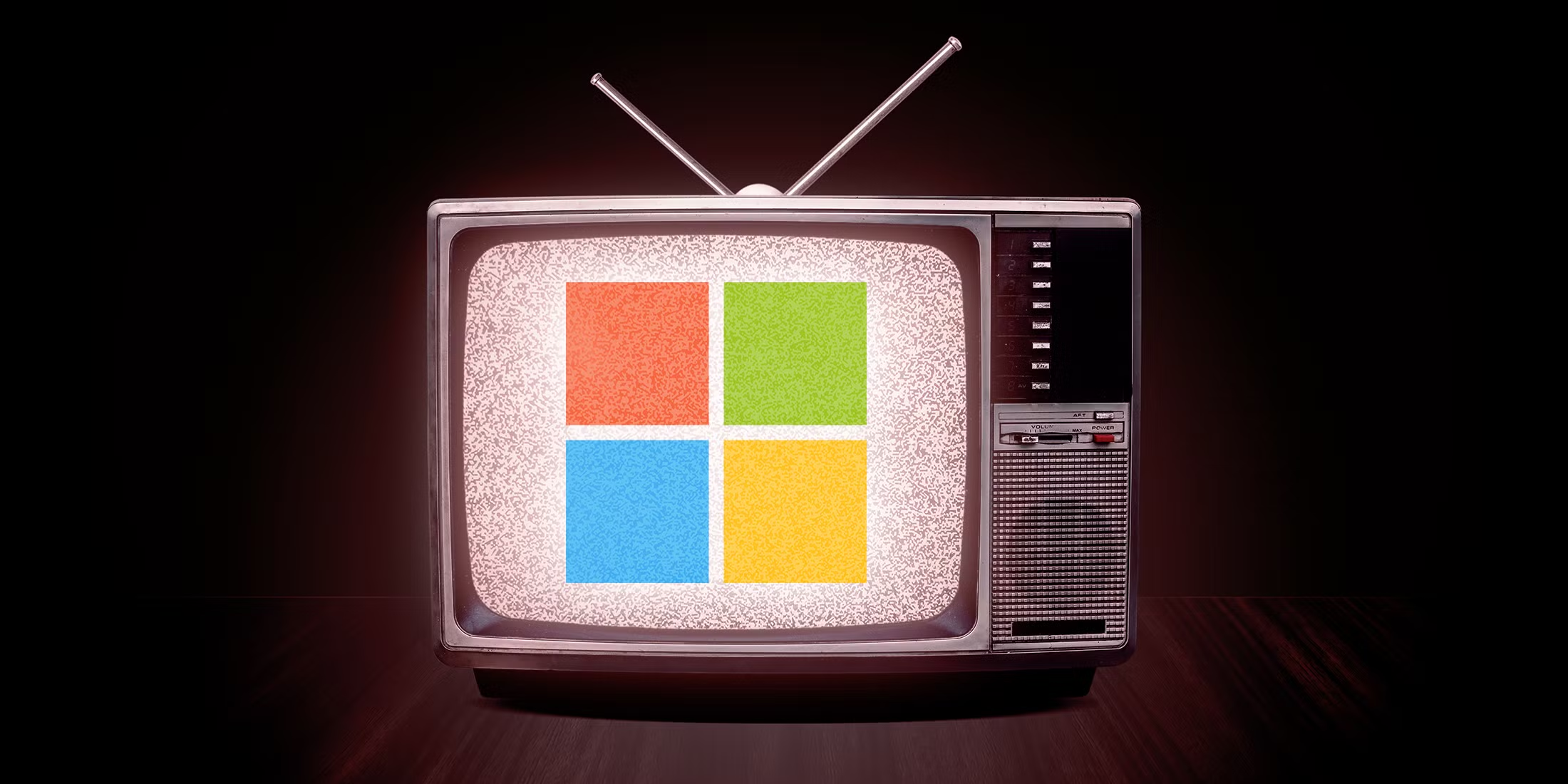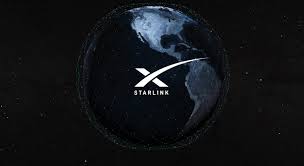Microsoft Shuts Down Movies and TV Store: What It Means for Users

Microsoft recently made a big move by closing its Movies and TV store on Xbox and Windows platforms. This decision, announced on July 18, 2025, surprised many users who relied on the service to buy or rent movies and TV shows. The shutdown marks the end of Microsoft’s nearly 20-year journey in selling digital video content, starting with the Zune Marketplace in 2006. Now, the company is pointing users to other streaming services like Netflix and Amazon Prime Video. This article dives into why this happened, what it means for users, and where digital media is headed.
Why Did Microsoft Close the Movies and TV Store?
Microsoft’s Movies and TV store allowed users to buy or rent digital movies and TV shows through Xbox consoles, Windows PCs, and the Microsoft Store website. The sudden closure means no new purchases can be made, though users can still watch content they already own using the Movies and TV app. The company didn’t give a clear reason for the shutdown, but experts point to the rise of streaming giants like Netflix and Disney+. These platforms have changed how people watch movies, favoring subscriptions over buying individual titles.
The decision follows Microsoft’s pattern of stepping back from digital media. In 2017, it shut down its Groove Music service, pushing users to Spotify. My own experience mirrors this shift—I used to buy songs on Groove Music because it was convenient on my Xbox, but I switched to Spotify when the service ended. It felt like Microsoft was slowly moving away from media, and this latest closure confirms that trend.
Key Reasons for the Shutdown
- Streaming Dominance: Subscription services like Netflix and Amazon Prime Video have taken over, offering vast libraries for a monthly fee.
- Cost Savings: Running a digital storefront is expensive, especially when fewer people are buying individual titles.
- Focus on Other Areas: Microsoft is investing more in gaming, cloud services, and AI, leaving media retail behind.
| Pros of the Shutdown | Cons of the Shutdown |
|---|---|
| Simplifies Microsoft’s platform by focusing on core services like gaming. | Users can no longer grow their digital movie collections. |
| Encourages use of popular streaming services with larger libraries. | Purchased content is locked to Microsoft’s app, limiting flexibility. |
| Reduces maintenance costs for Microsoft. | No refunds offered, which may frustrate recent buyers. |
What Happens to Your Purchased Movies and TV Shows?
If you’ve bought movies or TV shows from Microsoft’s store, don’t worry—you can still access them. The Movies and TV app on Xbox and Windows devices will continue to let you stream or download your content in up to HD resolution. However, there’s a catch: you can only watch these titles through Microsoft’s app. Unlike physical DVDs, digital purchases are tied to the platform, so if the app ever goes away, your access could be at risk.
For users in the U.S., there’s a partial solution called Movies Anywhere, a service that lets you link certain purchased movies to other platforms like Amazon Prime Video or Apple TV. I tried this with a few movies I bought years ago, and it was a relief to see them pop up on my Amazon account. But not all titles are supported, and this option isn’t available outside the U.S., leaving international users stuck with Microsoft’s app.
User Options for Accessing Content
- Keep Using the App: Watch your movies and shows through the Movies and TV app on Xbox or Windows.
- Movies Anywhere (U.S. Only): Sync eligible movies to other services for more flexibility.
- Switch to Streaming: Explore Netflix, Hulu, or Disney+ for new content.
| Platform | Pros | Cons |
|---|---|---|
| Movies Anywhere | Syncs movies across multiple services; free to use. | U.S.-only; not all titles are supported. |
| Movies and TV App | Access all your Microsoft purchases; supports HD. | Locked to Microsoft’s ecosystem; future support uncertain. |
| Netflix/Prime Video | Huge libraries; regular updates. | Requires subscription; no ownership of titles. |
Microsoft’s Shift in Digital Media Strategy
Microsoft’s decision to close the Movies and TV store shows a clear shift in its priorities. The company is doubling down on gaming, cloud computing, and AI, areas where it sees more growth. The Xbox platform, once marketed as an all-in-one entertainment hub, is now focusing on gaming and partnerships with streaming services. This makes sense—why compete with Netflix when you can let them handle the movies?
This move also reflects a bigger trend in the tech world: companies are moving away from selling digital media outright. Instead, they’re pushing subscriptions or cloud-based access. I remember when buying a digital movie felt like owning a DVD, but now it’s clear that digital “ownership” comes with strings attached. You’re at the mercy of the platform’s servers and policies, which can change without warning.
Why This Shift Matters
- Less Focus on Ownership: Digital purchases are less secure than physical media like DVDs or Blu-rays.
- Streaming Takeover: Subscription services are cheaper and more convenient for most users.
- Corporate Priorities: Microsoft is focusing on high-growth areas like AI and cloud services.
How Users Are Reacting
The sudden shutdown has sparked mixed feelings online. Some users, like one who posted on X, were upset about the lack of warning: “Microsoft just pulled support for Movies and TV purchases without a heads-up. How can you do this?” Others weren’t surprised, noting that streaming services have made digital purchases less popular. One user commented, “I haven’t bought a movie on Xbox in years—Netflix is just easier.”
For some, the closure is a wake-up call about digital ownership. A user on X shared, “I’ve got hundreds of movies on Microsoft’s store. Now I’m worried they’ll vanish if the app shuts down.” This fear isn’t unfounded—when Sony removed purchased movies from its PlayStation Store in 2022, users in some countries lost access entirely. It’s a reminder that digital purchases aren’t as permanent as physical copies.
What’s Next for Digital Media Consumers?
With Microsoft out of the movie-selling game, users need to adapt. Streaming services like Netflix or Amazon Prime Video are the obvious choices for watching new movies and shows. These platforms offer huge libraries for a monthly fee, often including new releases shortly after they hit theaters. For those who prefer owning content, physical media like DVDs and Blu-rays are making a comeback. I recently bought a Blu-ray player after years of relying on digital purchases—it’s comforting to know my movies won’t disappear if a server goes offline.
Another option is building a home media server to store digital files you legally own. This takes some tech know-how but gives you full control. For now, Microsoft users should check their purchased content and consider syncing eligible movies to Movies Anywhere if they’re in the U.S.
Tips for Moving Forward
- Explore Streaming Services: Try Netflix, Disney+, or Hulu for affordable access to new content.
- Consider Physical Media: DVDs and Blu-rays offer true ownership without platform risks.
- Check Movies Anywhere: U.S. users should link their accounts to secure eligible purchases.
The Bigger Picture: Digital Ownership in Question
Microsoft’s exit from selling movies and TV shows highlights a tough truth: digital ownership isn’t as secure as it seems. When you buy a movie on a platform like Microsoft’s store, you’re really buying a license to access it, not the movie itself. If the platform shuts down or loses licensing rights, your collection could vanish. This happened to me with a few old Zune purchases years ago, and it’s why I’m cautious about digital media now.
The shift to streaming also raises questions about the future. As companies like Microsoft focus on subscriptions and partnerships, consumers may have less control over their media. It’s worth asking: do you want to own your favorite movies, or are you okay “‘renting” access through a subscription? For many, the convenience of streaming outweighs the risks, but for collectors, physical media might be the safer bet.
Final Thoughts
Microsoft’s decision to shut down its Movies and TV store is a sign of the times. Streaming services have changed how we watch movies, and tech giants like Microsoft are adapting by focusing on what they do best—gaming, cloud services, and AI. While users can still access their purchased content for now, the closure is a reminder that digital ownership comes with risks. By exploring streaming options, syncing with Movies Anywhere, or even going back to physical media, you can keep enjoying your favorite movies and shows without missing a beat.





